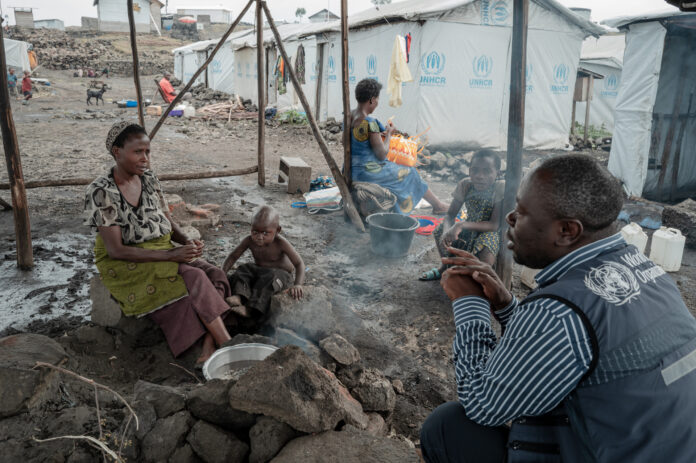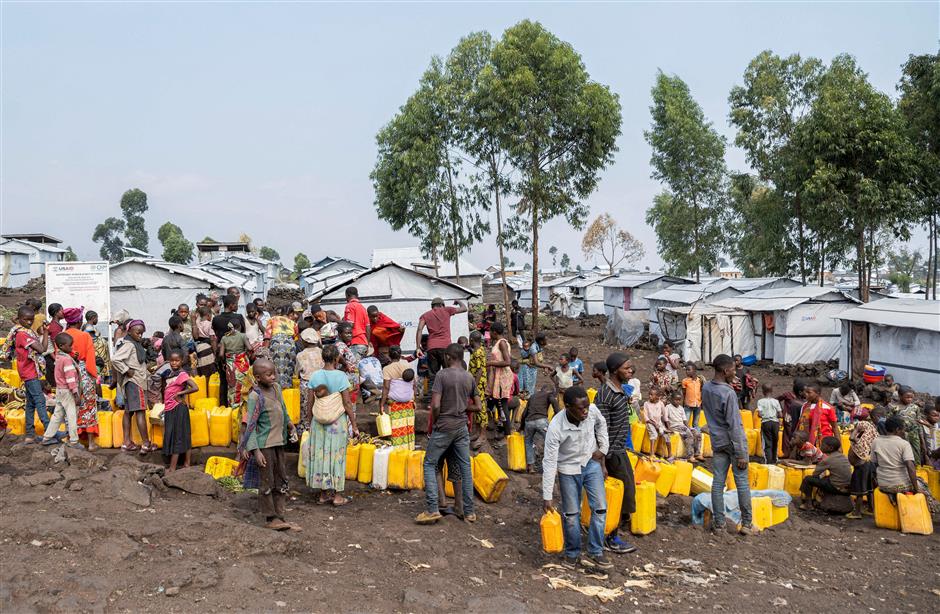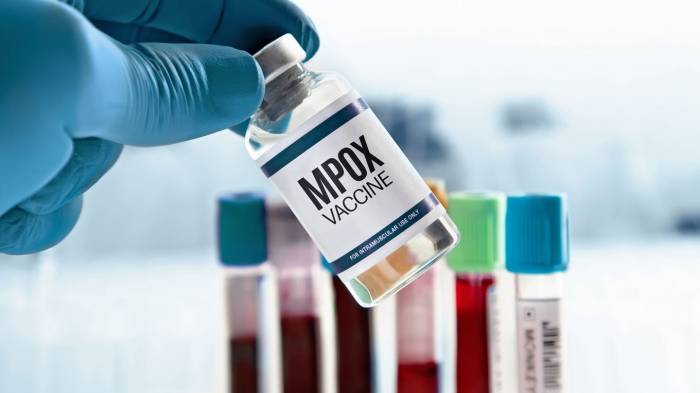
By Mercy Kachenge
Nairobi, Kenya: In response to the rising human-to-human transmission of Mpox, the World Health Organization (WHO) has introduced a Global Strategic Preparedness and Response Plan to combat the outbreak. The plan encompasses the period from September 2024 to February 2025 and requires funding of US$ 135 million to ensure effective implementation.
This funding appeal will be launched soon, with WHO collaborating with Member States, partners like the Centers for Disease Control and Prevention (CDC), communities, and researchers. This action follows the declaration of a public health concern by WHO Director-General Dr. Tedros Ahanom Ghebreyesus on August 14.
WHO has developed a plan that builds on temporary and standing recommendations from its Director General. This plan focuses on implementing comprehensive surveillance, prevention, readiness, and response strategies.
These strategies include advancing research and equitable access to medical countermeasures, such as diagnostic tests and vaccines, reducing animal-to-human transmission, and fostering communities to engage in prevention efforts and outbreak management.

On a global scale, the emphasis is on providing strategic leadership, timely evidence-based guidance, and access to medical countermeasures to reach vulnerable populations in affected countries.
To effectively interrupt the transmission chain, strategic vaccination efforts will target individuals at high risk, such as close contacts of recent cases and healthcare workers.
According to Dr. Tedros Adhanom Ghebreyesus,WHO Director General, the outbreaks in the Democratic Republic of Congo (DRC) and the neighboring countries can be controlled and can be stopped. He emphasized that it requires a comprehensive and coordinated plan of action involving international agencies, national and local partners, researchers, manufacturers and their member states.
“The SPRP launched outlines strategies that are grounded on the principles of equity, global solidarity, community empowerment, human rights and coordination across all sectors”, he said.
 The report stated that WHO headquarters and regional offices have established an incident management support team to lead preparedness, readiness and response activities that are scaling up staff in affected countries.
The report stated that WHO headquarters and regional offices have established an incident management support team to lead preparedness, readiness and response activities that are scaling up staff in affected countries.
Additionally, to align with outbreak control goals, the WHO and R&D Blueprint, Africa CDC, Coalition for Epidemic Preparedness Innovations (CEPI) and the National Institute of Allergy and Infectious Diseases will host a virtual scientific conference on 29th to 30th August 2024.
According to the report, WHO is collaborating with international, regional, national, and local partners and networks to strengthen coordination in key areas of preparedness, readiness, and response.This effort involves working with groups such as the ACT-Accelerator Principals, the Standing Committee on Health Emergency Prevention, Preparedness and Response, the R&D Blueprint for Epidemics, and the Interim Medical CounterMeasures Network (i-MCM Net).
WHO confirmed that in the African Region, where the need is most acute, the WHO Regional Office for Africa (AFRO) and Africa CDC will jointly lead the coordination efforts of mpox response. They have committed to a unified plan and budget as part of the Africa Continental Mpox Strategic Preparedness and Response Plan which is being developed.
To leverage the response of mpox, health authorities at the national and sub national level will adapt strategies in response to current epidemiological trends.













